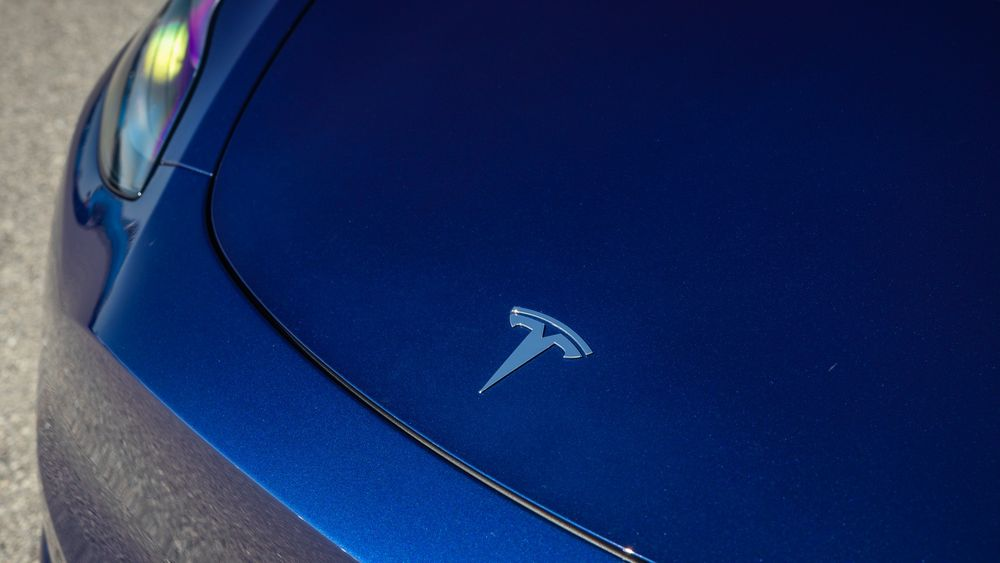In a world where fuel prices are climbing with no signs of stabilizing, the choice between electric vehicles (EVs) and hybrids has never been more crucial. According to Bloomberg Green, global gas prices have surged by over 30% in the past year alone. As drivers search for cost-effective alternatives, the debate over whether EVs or hybrids offer better value heats up. In this article, we’ll delve into the pros and cons of each, helping you decide the best option for your lifestyle and budget.
Understanding the Basics: EVs vs. Hybrids
What Are Electric Vehicles (EVs)?
Electric Vehicles (EVs) run entirely on electricity and use batteries to store energy. Brands like Tesla, Rivian, and BYD are leading the charge in this market. EVs are known for:
- Zero emissions, contributing to a cleaner environment.
- Lower operating costs due to fewer moving parts and no fuel expenses.
- Dependence on charging infrastructure, which is expanding rapidly but may not be ubiquitous yet.
What Are Hybrids?
Hybrids, such as the Toyota Prius or Hyundai Ioniq, combine an internal combustion engine with an electric motor. This configuration offers:
- Increased fuel efficiency with the ability to switch between gas and electric power.
- Reduced emissions compared to traditional gas vehicles.
- Flexibility to refuel at any gas station, providing more convenience in areas with limited charging stations.
Cost Considerations: Which Is Cheaper in the Long Run?
Initial Purchase Price
- EVs: Generally, EVs have a higher initial cost. For example, the average price of a Tesla Model 3 hovers around $40,000, but federal and state incentives can significantly reduce this expense.
- Hybrids: Typically, hybrids are more affordable upfront. A new Toyota Prius starts at about $25,000, making it a more accessible option for many buyers.
Operating Costs
- Fuel Savings:
– EVs eliminate fuel costs entirely, relying solely on electricity, which is often cheaper and more stable in price.
– Hybrids offer better gas mileage, reducing fuel expenses by 20-30% compared to traditional cars.
- Maintenance:
– EVs require less maintenance due to fewer moving parts; there’s no need for oil changes or exhaust system repairs.
– Hybrids, while more complex than traditional vehicles, still incur regular maintenance costs similar to gas cars.
Resale Value
- EVs: As the market matures and charging infrastructure improves, EVs are expected to retain value better than in the past.
- Hybrids: Generally, hybrids have shown strong resale value due to their reliable performance and lower fuel costs.
Environmental Impact: A Green Perspective
Emissions
- EVs: Produce zero tailpipe emissions, making them the greenest choice for reducing your carbon footprint.
- Hybrids: Emit fewer pollutants than conventional cars but still rely on fossil fuels to some extent.
Energy Source
- The environmental impact of both EVs and hybrids depends significantly on the energy source. An EV charged with renewable energy sources like solar or wind is far more eco-friendly than one charged with coal-based electricity.
Practical Tips for Choosing Between EVs and Hybrids
How to Charge
- EVs: Charging an EV can be done at home with a standard outlet or a more efficient Level 2 charger. Public charging stations are increasing, with networks like Tesla Superchargers and Electrify America expanding coverage.
- Hybrids: No charging is necessary as they generate electricity through regenerative braking and the internal combustion engine.
Where to Buy
- EVs: Available from a growing number of automakers, including Tesla, Nissan, and Ford EV. Online purchases are increasingly popular, with companies like Rivian offering direct-to-consumer sales.
- Hybrids: Widely available at traditional dealerships, often with more immediate availability than some EV models.
What to Compare
- Range: EVs typically offer a range of 200-400 miles on a full charge, while hybrids offer unlimited range thanks to their gas engines.
- Charging Infrastructure: Consider the availability of charging options near your home and workplace.
- Incentives: Research federal and state incentives that can reduce the purchase price of EVs significantly.
Conclusion: Making the Right Choice for Your Needs
In the face of rising gas prices, both EVs and hybrids offer compelling advantages. EVs provide a greener, potentially cheaper long-term solution, particularly as charging infrastructure improves and renewable energy becomes more prevalent. Hybrids, on the other hand, offer flexibility and lower initial costs, making them an attractive option for those not ready to fully commit to electric.
Ultimately, the best choice depends on your driving habits, environmental priorities, and budget. As the automotive industry continues to innovate, the line between EVs and hybrids may blur, offering even more options for eco-conscious consumers. Which will you choose to navigate this evolving landscape? Share your thoughts in the comments below and stay tuned for more insights as the future of mobility unfolds.

